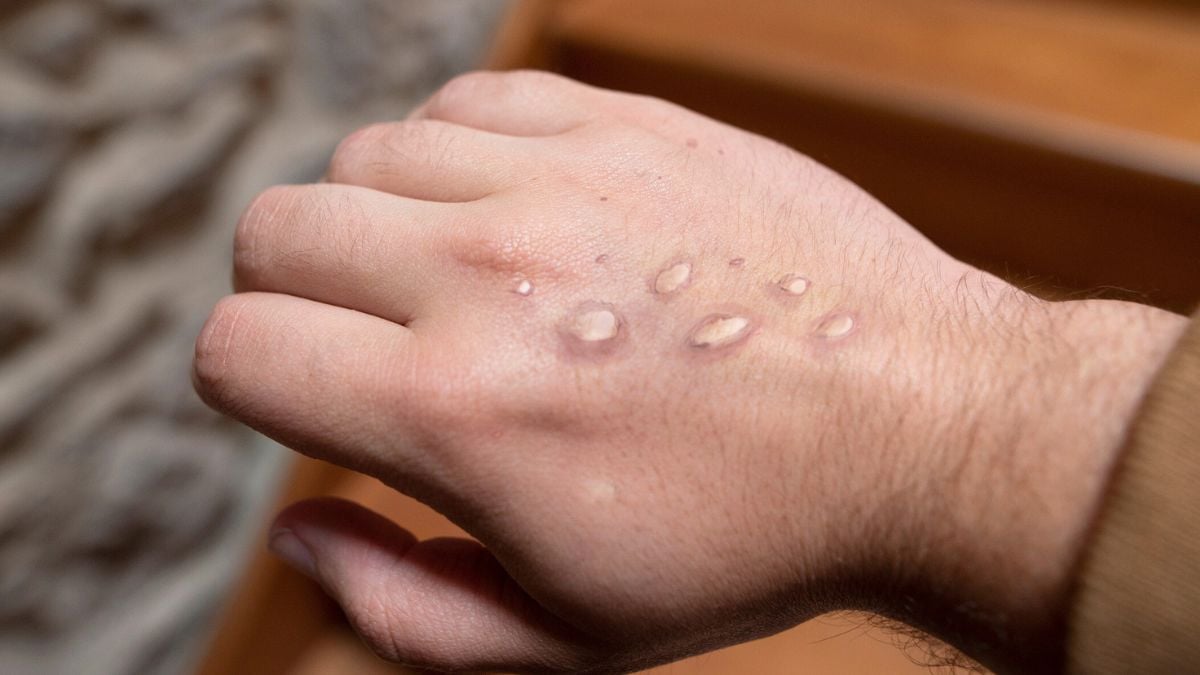Remember those bygone days of 2020? The Zoom fatigue, the thrill of your living room doubling as an office, gym, and a full-time daycare?
Just when you thought it was safe to retire your collection of artisanal masks, here comes another contender threatening to send us back into the loving arms of isolation: mpox. Mpox, the artist also known as monkeypox, is making headlines and stirring up concerns about potential lockdowns akin to those COVID-19 days. Now, before you start bulk-buying toilet paper again, let’s take a closer look at this viral villain.
The monkeypox virus is a close relative of the infamous smallpox virus. It’s like the lesser-known, but equally troublesome cousin. This virus has a knack for spreading through close, physical contact with an infected person or animal. It can also hitch a ride on contaminated materials like clothing or bedding, and even spread through respiratory droplets during prolonged, face-to-face contact.
The virus unleashes a rash that can mimic pimples or blisters, popping up anywhere on your body like an unwelcome surprise party from Hell. You might also be blessed with a smorgasbord of symptoms, including searing fever, bone-chilling chills, swollen lymph nodes, muscle aches that make you feel like you’ve aged 50 years overnight, and really bad headaches. While most people will bounce back from mpox within two to four weeks, the virus can lead to some serious complications (sepsis, encephalitis, and even death), particularly for those with weakened immune systems.
With the WHO declaring the 2024 mpox surge a “public health emergency of international concern” (the highest level of global alert) and cases skyrocketing in Africa, are we doomed to relive the lockdown life? Well, not necessarily.
While the situation in Africa is undoubtedly concerning, with the Democratic Republic of the Congo reporting over 15,600 cases and 537 deaths so far this year, the response has been a bit different compared to the COVID-19 pandemic. Despite the WHO’s declaration, authorities in the DRC haven’t imposed any lockdowns or major restrictions yet. People are still going about their lives, albeit with a bit more caution. The focus seems to be on improving surveillance, access to vaccines and treatments, and coordinating an international response to contain the outbreak.
Of course, this could all change if the outbreak continues to worsen. If we start seeing mpox cases popping up in other parts of the world, or if the death toll continues to rise, we might be in for another round of lockdowns. But for now, it seems like the authorities are trying to strike a balance between protecting public health and avoiding the massive disruptions we saw during the COVID-19 pandemic.

